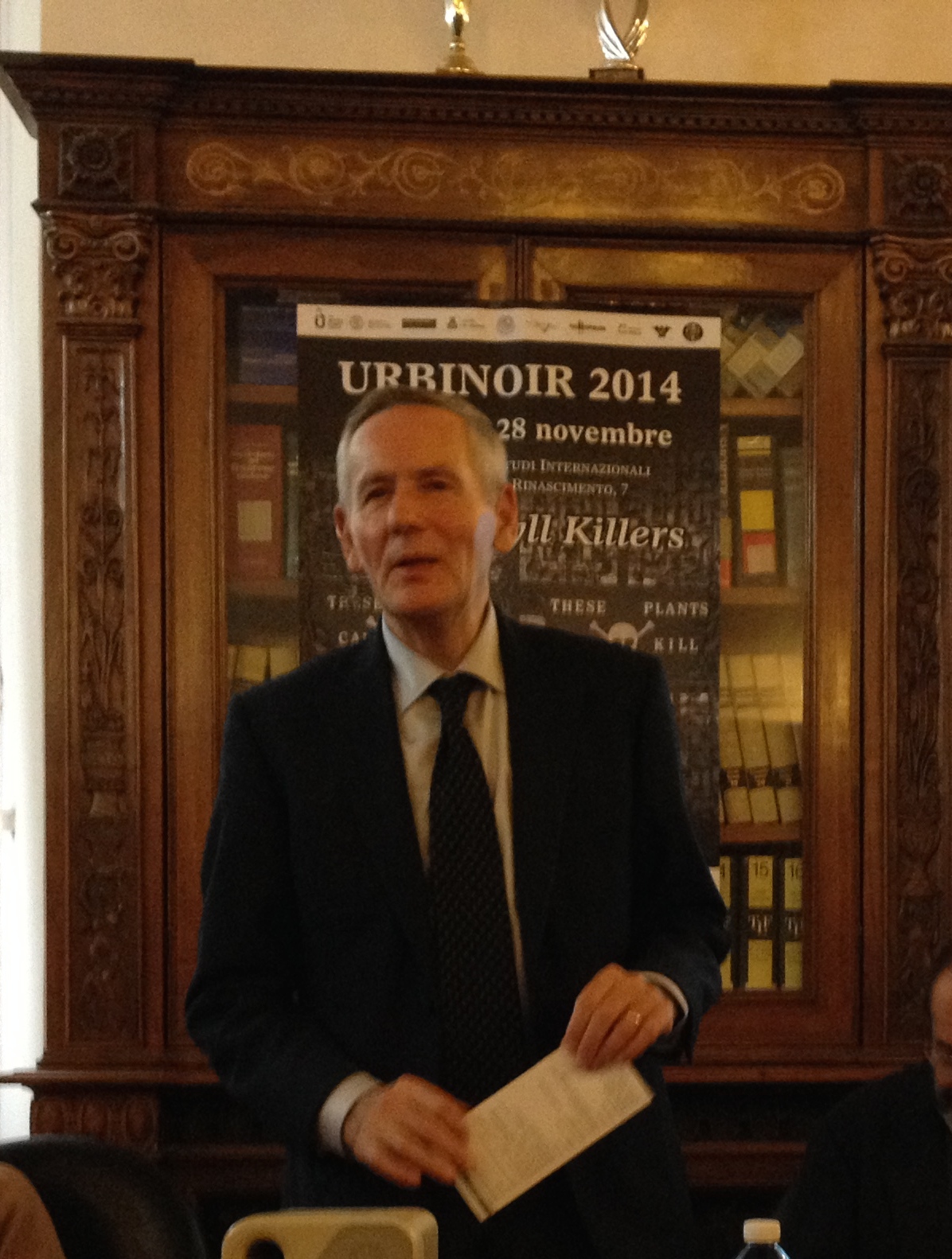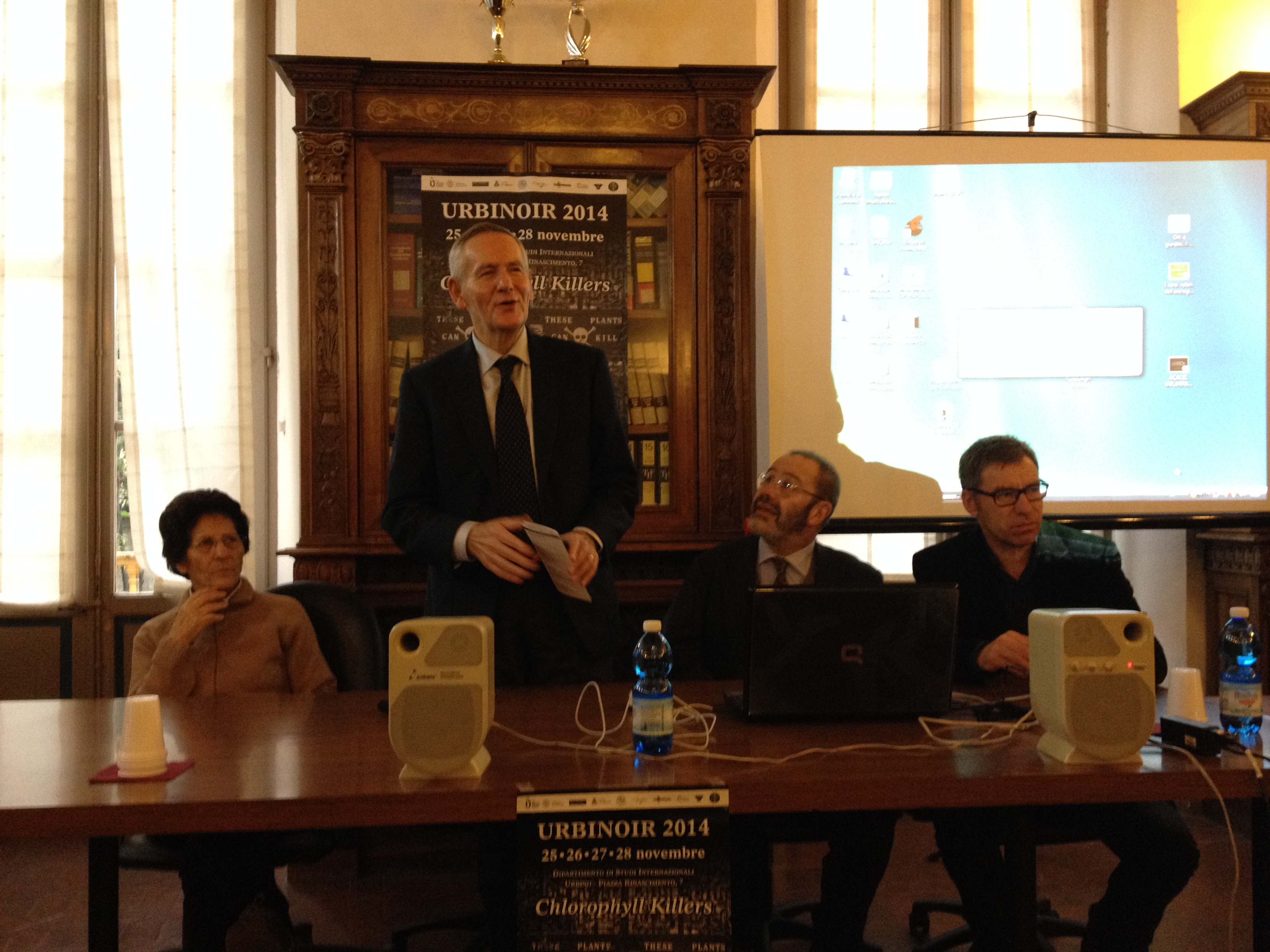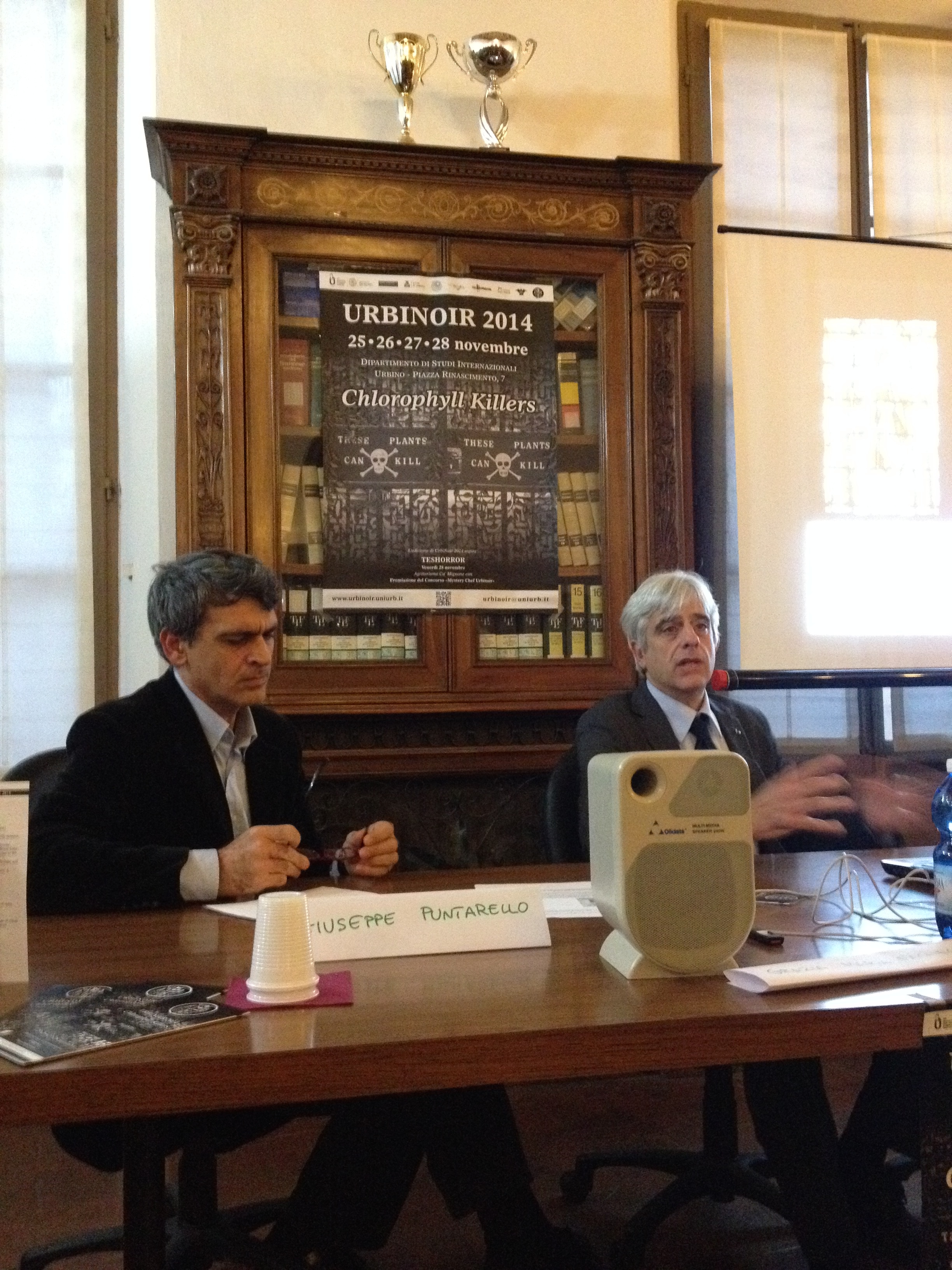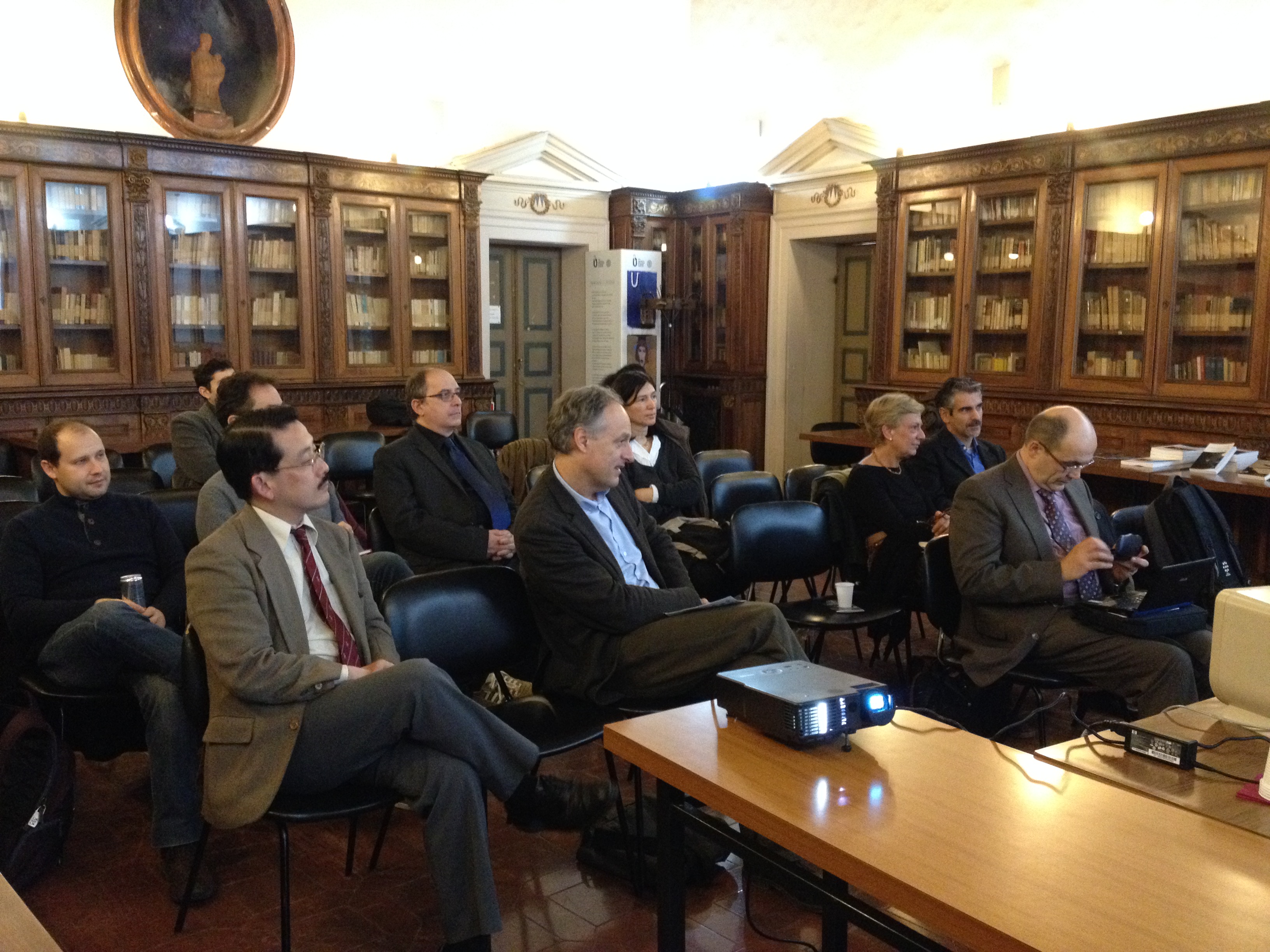Urbinoir è lieta di presentare la Seconda Edizione di MYSTERY-CHEF
Noir e gastronomia nella Terra dei Duchi
Dopo il successo e il divertimento dell’edizione 2014, torna il concorso che ha visto
 trionfare nella prima edizione i Tagliolini alla Nero Wolfe di Francesca Secci (a destra nella foto, con Alessandra Calanchi, coordinatrice di Urbinoir). Un evento che quest’anno rientra tra le manifestazioni dell’Università di Urbino legate a Expo 2015.
trionfare nella prima edizione i Tagliolini alla Nero Wolfe di Francesca Secci (a destra nella foto, con Alessandra Calanchi, coordinatrice di Urbinoir). Un evento che quest’anno rientra tra le manifestazioni dell’Università di Urbino legate a Expo 2015.
Giunto alla seconda edizione, il Mystery-Chef Noir organizzato dall’Associazione Urbinoir con la collaborazione dell’Associazione “La caccia al Teshorror”, coniuga la passione per la lettura e lo studio della crime fiction con la tradizione gastronomica e il gusto per il buon cibo.
I concorrenti proporranno un piatto presente in un racconto, romanzo o film “giallo” o “noir”; i cinque finalisti parteciperanno alla cena conclusiva al termine della quale sarà proclamato il vincitore.
Questo il Regolamento:
1 – Il concorso è aperto a tutti ed è gratuito.
2 – I concorrenti (singoli o a squadre di max cinque persone) sceglieranno un piatto presente in un racconto, romanzo o film “giallo” o “noir” e predisporranno una scheda corredata di due fotografie del piatto stesso – antipasto, primo, secondo, snack, dessert, ecc. – (una in primo piano, unache lo ritrae in mano al cuoco/ai cuochi), ricetta, titolo dell’opera, autore e breve presentazione (max 500 parole) in cui i concorrenti spiegano l’importanza del piatto nell’economia del testo, le sue relazioni con l’indagine, con la figura dell’investigatore, con il contesto storico-geografico, ecc.
3 – Si accettano files in word, rft, pdf.
4 – ATTENZIONE: i tre files dovranno essere allegati alla mail
5 – Verrà valutata, oltre alla conoscenza letteraria/cinematografica dell’opera, la creatività personale (sia nella redazione della ricetta, sia nella preparazione del piatto, sia nella presentazione dello stesso).
6 – Le fotografie possono essere a colori o b/n o seppiate, comunque in formato digitale come il testo inviato, abbastanza leggere da poter essere allegate a una e-mail. Tale e-mail andrà indirizzata a:
alessandra.calanchi@uniurb.it
tiziano.mancini@uniurb.it
7 – La scadenza per l’invio dell’elaborato è improrogabilmente il 31 agosto 2015.
8 – Entro il 30 ottobre la giuria, composta da tutti i membri di URBINOIR, comunicherà i nomi dei cinque vincitori (o squadre vincitrici).
9 – A questo punto, i vincitori si impegnano a partecipare alla serata conclusiva (ultima settimana di novembre: data e luogo precisi saranno comunicati con congruo anticipo in cui si terrà la cena durante la quale saranno presentati (dai candidati) e cucinati (dai ristoratori) i piatti dei vincitori, e tutti i commensali potranno votare il/i vincitore/i.
10 – Il/i vincitore/i oltre alla cena riceverà/anno una targa e il suo loro contributo sarà pubblicato nel sito Urbinoir e sulle pagine facebook di Urbinoir e Teshorror.
Per info:
urbinoir@uniurb.it
Immagini collegate:
 trionfare nella prima edizione i Tagliolini alla Nero Wolfe di Francesca Secci (a destra nella foto, con Alessandra Calanchi, coordinatrice di Urbinoir). Un evento che quest’anno rientra tra le manifestazioni dell’Università di Urbino legate a Expo 2015.
trionfare nella prima edizione i Tagliolini alla Nero Wolfe di Francesca Secci (a destra nella foto, con Alessandra Calanchi, coordinatrice di Urbinoir). Un evento che quest’anno rientra tra le manifestazioni dell’Università di Urbino legate a Expo 2015.

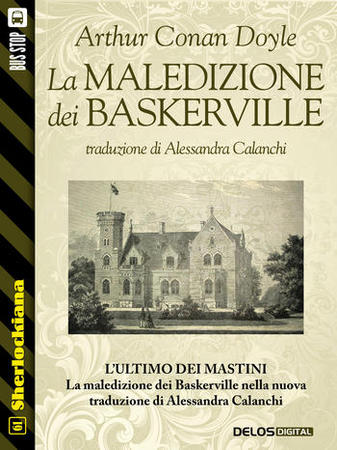
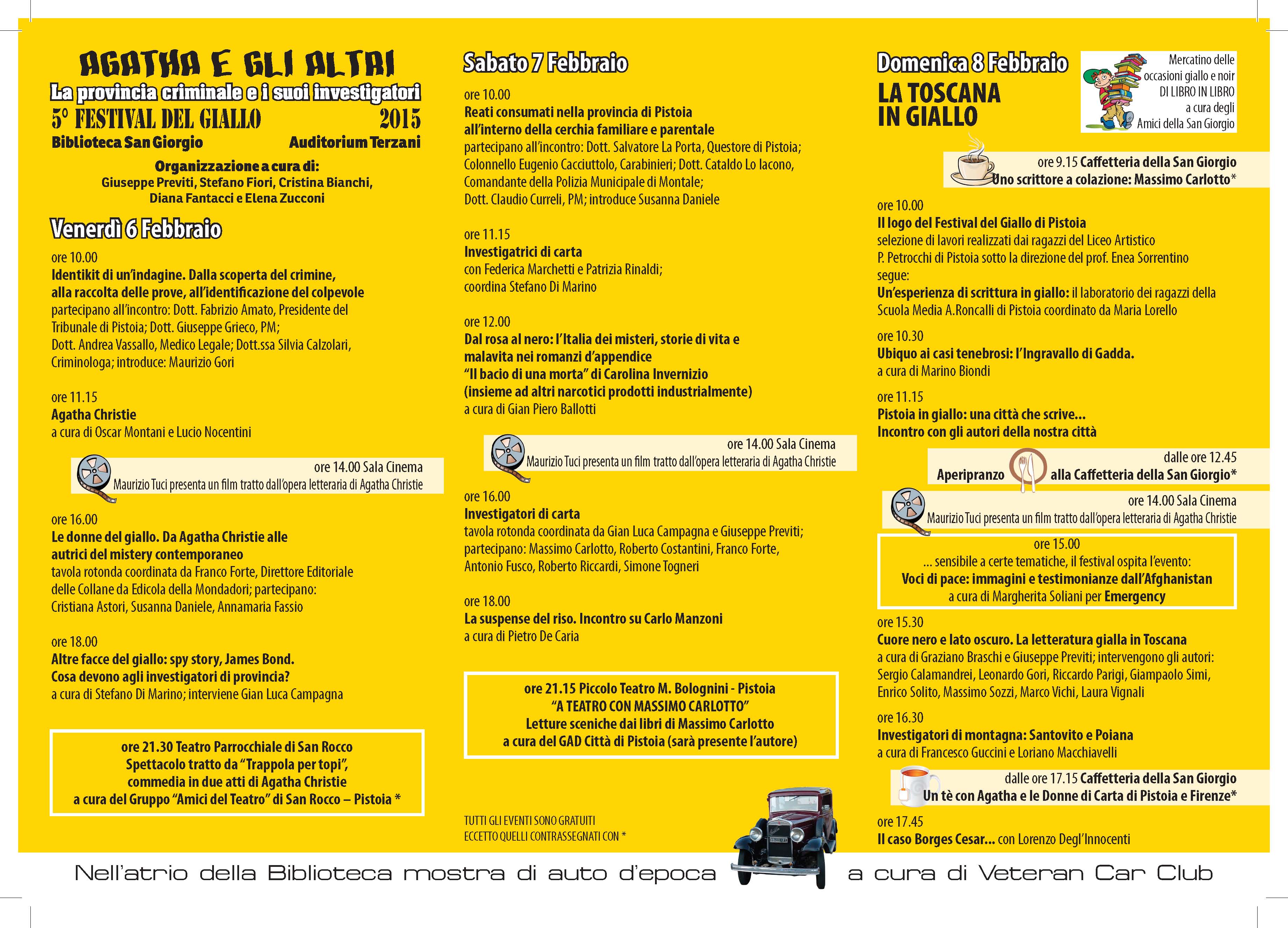
![URBINOIR 2014-pieghevole[1]](http://urbinoir.uniurb.it/wp-content/uploads/2014/11/URBINOIR-2014-pieghevole1.jpg)
